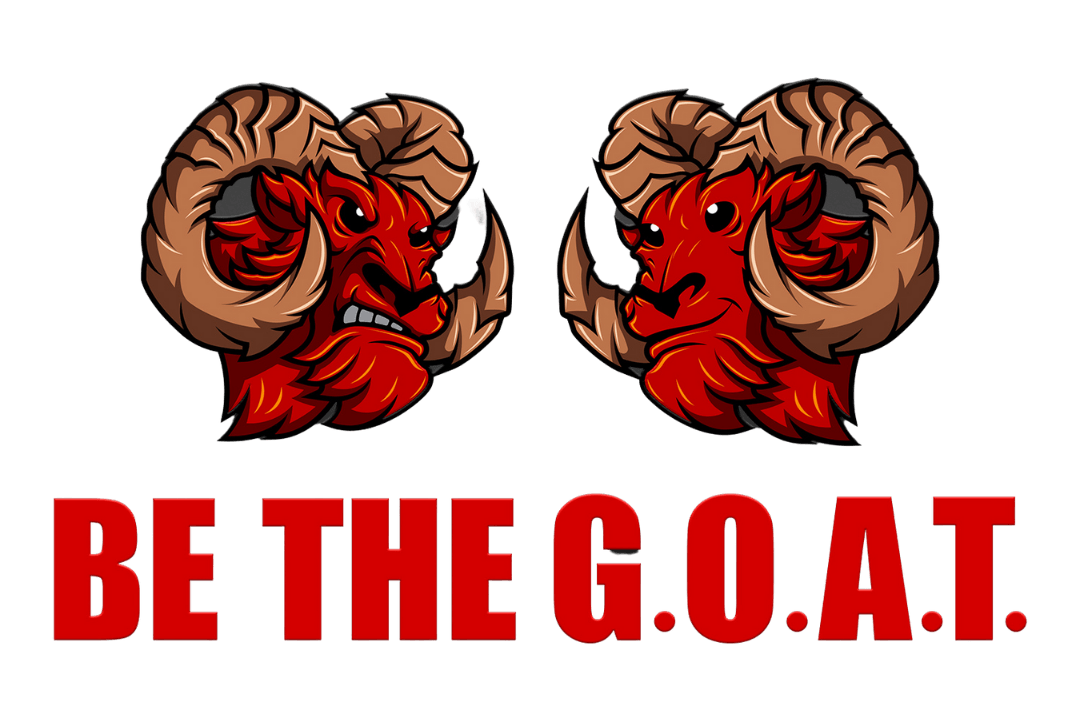The Blueprint for Sales Excellence: Building Your Sales Master Plan
Let's build the ultimate sales plan

In the world of sales, having a well-defined plan is crucial for success. A comprehensive sales plan serves as a roadmap that outlines your objectives, strategies, and tactics to achieve your sales targets. It provides guidance to sales executives, managers, and teams, enabling them to align their efforts and work towards a common goal. In this blog post, we will explore the key elements of creating a sales plan and outline the steps to develop a robust sales master plan.
Understanding the Importance of a Sales Plan:
A sales plan is a documented strategy that helps businesses define their sales goals, target market, and the activities required to achieve those goals. It serves as a go-to resource for sales representatives, providing them with the information they need to excel in their roles. A well-crafted sales plan not only helps organisations reach their revenue targets but also empowers sales teams to perform at their highest level.
Components of a Sales Plan:
To build a comprehensive sales master plan, you need to include the following key components:
a. Sales Objectives: Clearly define your sales objectives, such as revenue targets, market share goals, or customer acquisition metrics. These objectives should be specific, measurable, achievable, relevant, and time-bound (SMART).
b. Target Market Analysis: Identify your target market by understanding your ideal customer profile, their needs, pain points, and buying behaviour. Conduct market research to gather insights and segment your target market for focused sales efforts.
c. Sales Strategies and Tactics: Develop a set of strategies and tactics to reach your sales objectives. These may include lead generation techniques, prospecting methods, sales process optimization, pricing strategies, and customer retention initiatives.
d. Sales Team Structure and Responsibilities: Define the roles and responsibilities of your sales team members. Establish clear sales territories, assign quotas, and outline the sales process to ensure efficient coordination and collaboration within the team.
e. Sales Forecasting and Performance Metrics: Set up a system to track and measure sales performance against your objectives. Use key performance indicators (KPIs) such as revenue, conversion rates, average deal size, and sales cycle length to monitor progress and make data-driven decisions.
f. Sales Training and Development: Plan for continuous training and development programs to enhance the skills and knowledge of your sales team. Provide ongoing coaching, resources, and tools to help them succeed in their roles.
g. Sales Technology and Tools: Assess and implement appropriate sales technology solutions and tools to streamline sales processes, automate tasks, and improve productivity. This may include customer relationship management (CRM) software, sales analytics platforms, and communication tools.
Steps to Create The Ultimate Sales Master Plan:
Follow these steps to develop an effective sales master plan:
a. Define Your Sales Objectives: Clearly articulate your sales goals and align them with your overall business objectives. Ensure they are specific, measurable, achievable, relevant, and time-bound (SMART).
b. Conduct Market Research: Gather insights about your target market, customer needs, industry trends, and competitive landscape. Use this information to identify opportunities and formulate effective sales strategies.
c. Analyse Your Sales Performance: Assess your historical sales data to identify patterns, strengths, and areas for improvement. Analyse your sales pipeline, conversion rates, and customer acquisition costs to make informed decisions.
d. Develop Sales Strategies: Based on your market analysis and sales performance, devise strategies and tactics to drive sales growth. Determine the d. Develop Sales Strategies: Based on your market analysis and sales performance, devise strategies and tactics to drive sales growth. Determine the best approaches for lead generation, prospecting, nurturing customer relationships, and closing deals. Align these strategies with your target market and sales objectives.
e. Create an Action Plan: Break down your sales strategies into actionable steps and assign responsibilities to your sales team members. Establish timelines and milestones to track progress and ensure accountability. Consider implementing a sales process that guides your team through each stage of the sales cycle.
f. Implement Sales Technology: Evaluate and adopt suitable sales technology tools to support your sales efforts. This may include CRM software to manage customer data, sales analytics platforms to track performance metrics, and communication tools for seamless collaboration within the team.
g. Provide Ongoing Training and Coaching: Invest in the development of your sales team by providing regular training sessions and coaching opportunities. Equip them with the skills and knowledge necessary to excel in their roles and adapt to evolving market dynamics.
h. Monitor and Evaluate: Continuously monitor your sales performance against your objectives and KPIs. Analyse data to identify areas for improvement and make informed adjustments to your sales strategies. Regularly review and update your sales master plan to keep it aligned with your business goals.
i. Foster Collaboration and Communication: Encourage open communication and collaboration within your sales team and across other departments. Foster a culture of shared knowledge and best practices to enhance overall sales effectiveness.
Building a sales master plan is essential for achieving sales excellence and driving business growth. By developing a comprehensive sales plan that encompasses objectives, strategies, tactics, team structure, training, and technology, you provide a clear roadmap for your sales team to follow. Regularly review and refine your plan to adapt to changing market conditions and ensure its effectiveness. With a well-crafted sales master plan in place, you can empower your team to achieve sales excellence and exceed your revenue targets.
Remember, every business is unique, so customise your sales master plan to align with your specific goals, target market, and industry dynamics. By leveraging the insights and guidance provided in this blog, you can lay the foundation for sales success and pave the way for continuous growth in your organisation.
Contact us today to book in a FREE consultation for your ultimate sales plan workshop.










